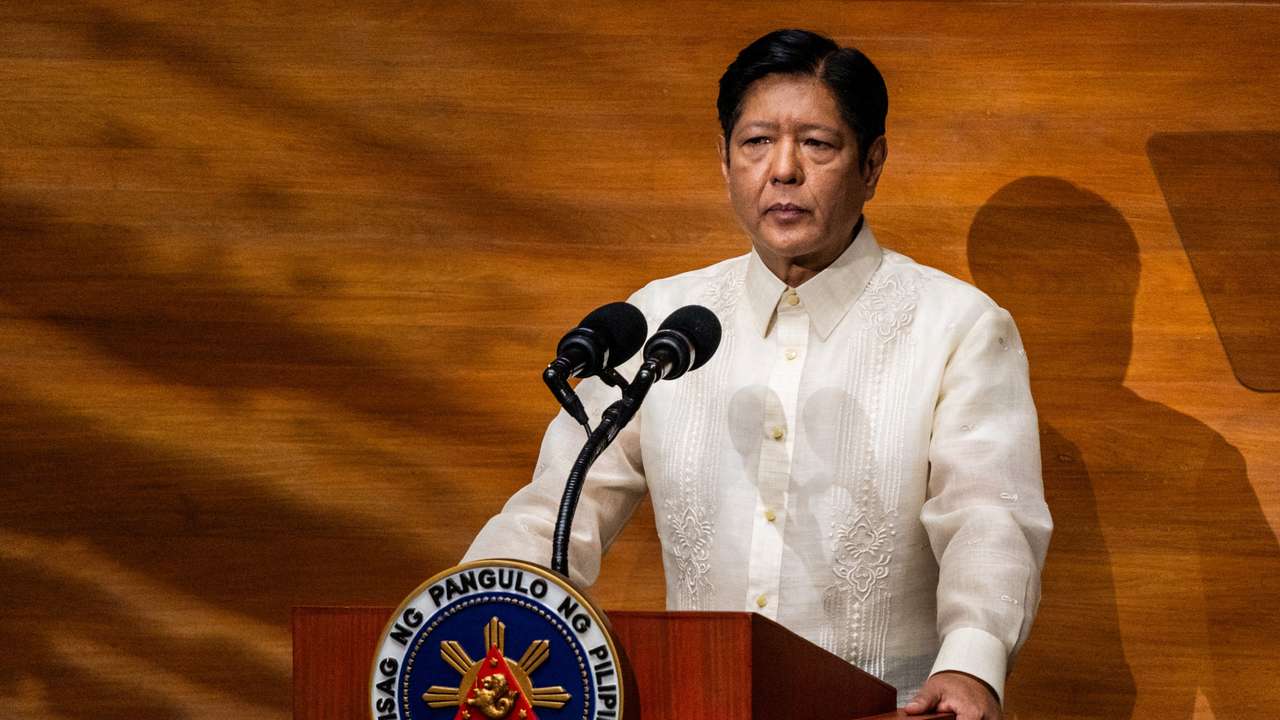Philippines Roundup: The difficult breakaway from coal, defence pact with Japan, religious record

Philippines struggles to break free from coal despite renewables pledge
Residents of Limay, Bataan, Philippines, continue to grapple with severe health issues and economic difficulties attributed to the coal-fired power plants situated nearby. These plants largely serve as suppliers of electricity to other provinces. The nation's reliance on coal remains significant, constituting 57% of the energy mix, with a troubling increase to 61.9% in 2023. Despite commitments made at COP28 to elevate renewable energy sources to 35% by 2030 and 50% by 2040, coal predominates, making the Philippines the foremost coal-dependent nation in Southeast Asia. The government has enacted a moratorium on new coal plants; however, expansions of existing facilities persist. The Department of Energy (DOE) is attempting to pivot towards renewable energy by enhancing incentives for clean energy investments, Dialogue Earth reports.
New Black Hawk helicopters to counter China
On a different note, the Philippines has bolstered its air force capabilities with the acquisition of five Sikorsky S-70i Black Hawk helicopters, delivered on December 9, 2024. This acquisition is part of a notable contract signed in 2021 for a total of 32 units within the Additional Utility Helicopters Acquisition program. These helicopters are notably versatile and equipped for a range of operational missions such as troop transport, medical evacuations, and disaster response, serving as replacements for older, less efficient models. Notably, the S-70i helicopters are powered by T700-GE-701D engines, accommodating up to 13 passengers and boasting advanced features, including infrared jammers and digital cockpit technology. The overall contract, valued at $624 million, as reported by Global Defense News, will increase the Philippine Air Force's active Black Hawk fleet to 48 by the year 2026, significantly supporting the military's modernisation initiatives and enhancing capacity in both security and humanitarian missions.
Philippines ratifies defence pact with Japan, amid China tensions
The Philippines has ratified a historic defence pact with Japan, designed to facilitate mutual troop deployments for military exercises amid escalating tensions with China. The Reciprocal Access Agreement (RAA), which was signed in July and subsequently approved by the Philippine Senate, aims to strengthen collaborative military operations, particularly in the domain of maritime patrols. The pact is anticipated to enhance the operational capabilities of the Armed Forces of the Philippines while fostering closer collaboration with Japan’s Self-Defense Forces, particularly in addressing security concerns within the South China Sea region. Emphasising stability and adhering to a rules-based international order, both nations are navigating the complexities presented by China, which has expressed criticism of the agreement. The RAA will come into effect following signature by Philippine President Ferdinand Marcos Jr. and ratification by the Japanese legislature, reports Benar News.
Gathering of angels in the Philippines breaks world record
A remarkable cultural achievement emerged from San Rafael, Bulacan, Philippines when the municipality set a new Guinness World Record for the largest assembly of individuals dressed as angels. This record-breaking event occurred at the Victory Coliseum, where participation exceeded 2,000 individuals, surpassing the previous record of 1,275 established in 2015 in Winnipeg, Canada. According to UPI, the successful confirmation of this record was undertaken by a Guinness adjudicator, highlighting the local community's commitment to cultural expression and collective celebration.
Filipina drugs convict nearly executed in Indonesia to return home Dec 18
Mary Jane Veloso, a Filipina on death row in Indonesia, is slated to return to the Philippines on December 18, after nearly nine years since her execution was postponed following requests for her case to be reviewed. Veloso, apprehended in 2010 for drug trafficking, has persistently claimed victimhood status in a human trafficking scheme. Her repatriation is a result of a bilateral agreement between Indonesia and the Philippines, allowing for her transfer into Filipino custody, although immediate plans for reciprocal prisoner exchanges are not in place. Benar News highlights that his development closely follows the return of five Australian prisoners involved in the 'Bali Nine' drug trafficking case, with both transfers adhering to agreements that respect the judicial decisions of each nation and the concept of reciprocity in future exchanges.